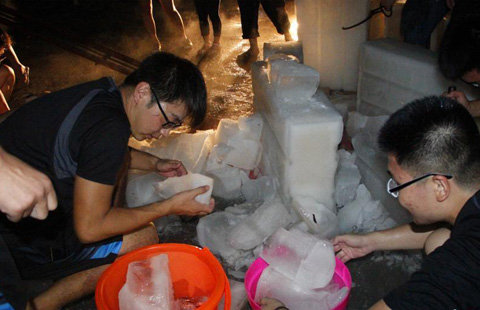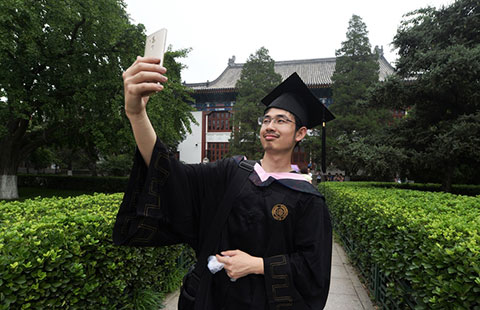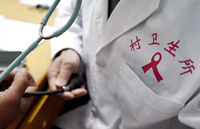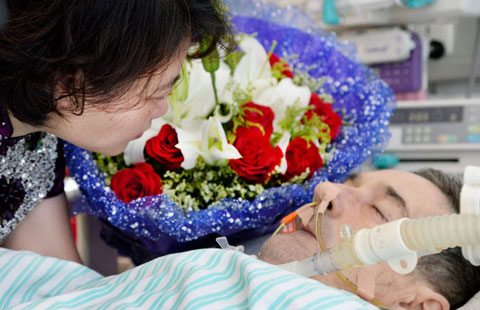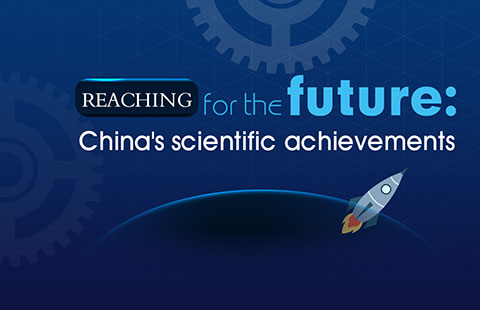Physician Data Query introduced to China to help cancer treatment
By Shan Juan (chinadaily.com.cn) Updated: 2016-07-05 14:24Beijing - The Physician Data Query (PDQ), deemed one of the most comprehensive sources of cancer information run by the US National Cancer Institute, has launched its Chinese version to help China with standard of care in cancer treatment and prevention.
It now primarily covers six cancer types: lung, breast, stomach, colon, liver and esophagus, in two versions for medical professionals and the general public respectively, according to He Jie, head of China's National Cancer Institute, which partnered with its US counterpart to introduce the PDQ in Chinese.
It has Japanese and Arabic versions as well, according to Margaret Beckwith, director of the PDQ information office.
In general, PDQ contains cancer information summaries on a wide range of cancer topics; drug information summaries on many cancer-related drugs and drug combinations; and dictionaries of general cancer terms, drug terms, and genetics terms.
It also contains a directory of professionals who provide genetics services largely in the US.
According to Beckwith, it keeps being updated and "aims to help cancer specialists in the US and worldwide with latest findings."
Zhang Zongjiu, a division director of the National Health and Family Planning Commission, said the Chinese version would help China with standard of care in cancer treatment and prevention.
"Related data and information from China will enrich the pool given the vast number of cancer patients here," he added.
Barnett Kramer, head of the prevention department of the institution said the Chinese version for laymen would contain proven cancer prevention knowledge as well.
Previous studies by the World Health Organization showed one third of cancer cases could actually have been prevented.
Primary cancer preventions, as Kramer said, include tobacco control, better population coverage with vaccination with HPV, which can cause cervical cancer, and more research of environmental causes of cancers.
Regarding cutting-edge cancer treatment clinical trials, he said they were relatively restricted to Americans or people in the US.
"They are supported by public funds so they are concentrated with the populations in the US," he said.
In addition, the trials usually handle tissue collection with a rapid turnaround, rapid analysis of molecular samples such as the genes which has to take place in days.
"This type of system works mainly for people in the America," he explained.
- Li: Piraeus to become 'top-level' gateway
- Response to 'fully depend' on Manila
- 14 new satellites in orbit will help warn of disasters
- 186 people dead in heavy rains
- Second Yangtze warning issued on flooding peak
- Anti-corruption battle set to be intensified
- Bus arsonist gets death penalty in China
- China on orange alert for rainstorms
- Lhasa rail celebrates first decade
- Animals aiding quake detection



